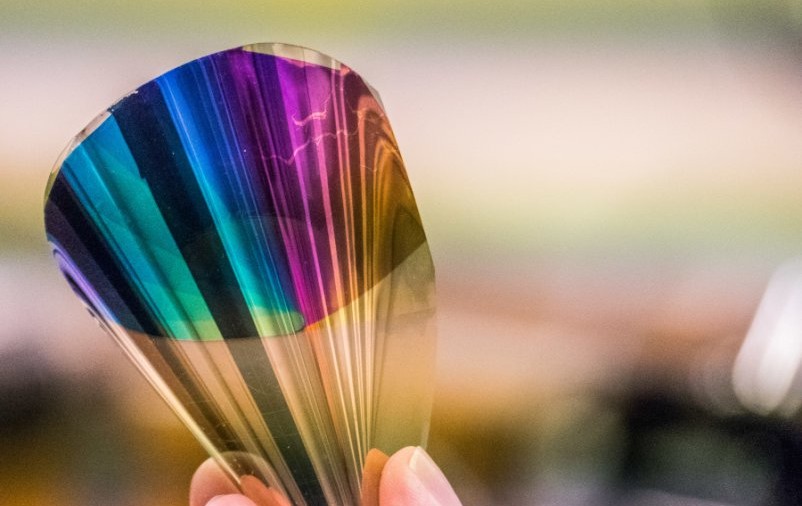- Asgardia, the world’s first nation in space: Ever felt like Earth was a bit boring or maybe too dangerous? You’re not alone – a team of scientists and legal experts have proposed the creation of the first nation in space. Asgardia will serve as a place independent of land-based country’s laws, promoting space technologies, offering protection for citizens of Earth and fostering peace. To read more about Asgardia, click here.
- Mammalian eggs created from scratch: Japanese scientists from Kyushu University have used mouse stem cells to successfully create eggs without animal assistance. This discovery could be used to create animals entirely in the lab, revealing some of the mysteries of evolution. It will be years before this technique is reliable and safe for use on humans. To read more about the creation of mammalian eggs, click here.
- Evolution mapped on cave drawings: In a study beginning in 1999, Julien Soubrier from the University of Adelaide and his team began researching how climate change affected animal populations, particularly bison. After tracking populations through ancient DNA, they discovered a new hybrid species which is an ancestor to the modern European bison. This evidence was backed up by incredibly detailed cave drawings that, when radiocarbon dated, placed the species in the right time period (17,000 years ago). To read more about the bison hybrid species, click here.
- Bendable electronic paper displays: At less than a micrometer thin, a new type of electronic paper display can render the same colour range as a regular LED display while using less energy than a Kindle eReader. The discovery was made by researchers at the Chalmers University of Technology who were working on placing conductive polymers on nanostructures. To read more about the new electronic paper displays, click here.
- Plants that don’t photosynthesize or bloom: A new species of plant has been discovered on the subtropical Japanese island of Kuroshima. The newly discovered plant, Gastrodia kuroshimensis, is in a unique group as firstly it’s mycoheterophic – deriving all of its nutrients from host fungi – and also cleistogamous, producing flowers that never bloom. To read more about the new plant discovery, click here.
Sam McMaster
Science Editor
(Image courtesy of Mats Tiborn)

